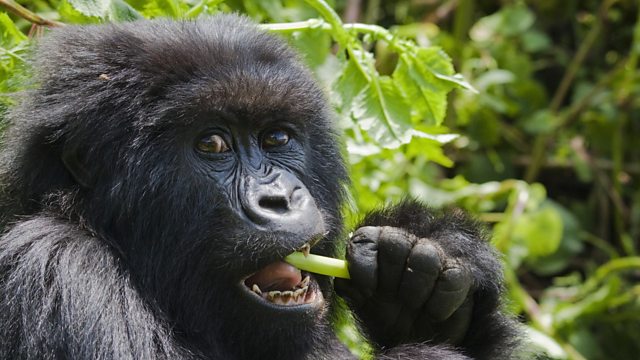AI antivenoms and vegetarian hominids
New types of snake-bite anti-venoms are designed by AI. Also, how much meat did human ancestors eat?
New types of snake-bite anti-venoms are designed by AI. Also, how much meat did human ancestors eat? How the Baltic Nord Stream gas pipeline rupture of 2022 was the biggest single release of methane ever caused by humans, and that Pluto met Charon, not with a bang, but more of a kiss.
Using a high precision technique for spotting different isotopes of Nitrogen, Tina Lüdecke of the Max Planck Institute for Chemistry has concluded that a group of early hominin Australopithecus living in South Africa were predominantly vegetarian, putting the date that human ancestors started eating meat (and thence growing bigger brains) to more recently. The technique, she thinks, can enlighten prehistoric food webs and ecologies from millions of years ago.
Last year’s Nobel prizes showed the potential new techniques of AI to design synthetic proteins. Timothy P Jenkins and colleagues decided to try designing treatments for snakebite venoms, with remarkable apparent success. It could save many thousands of lives a year.
Since the September 2022 explosions at the Nord Stream gas pipeline in the Baltic sea, many different analyses of how much methane was released have provided a variety of estimates. This week, scientists at the UNEP International Methane emissions observatory – including Stephen Harris - published a study estimating it to be a little under half a million tonnes, making it by far the single biggest human caused release of this most dangerous greenhouse gas. Yet, they say, even that is a tiny fraction of what is released overall around the world every year.
And Finally, a new analysis of the original formation of the Pluto-Charon binary Dwarf Planetary system suggests they – and possibly many other Kuiper belt pairing – were born of a gentle astronomical dance and a peck on the cheek, rather than the catastrophic collision we associate with the earth-moon’s fiery first date. And it may have lasted just a matter of days, according to author Adeene Denton of the University of Arizona.
Presenter: Roland Pease
Producer: Alex Mansfield
Production Coordinator: Jana Bennett-Holesworth
(Photo: Gorilla feeding. Credit: WLDavies/Getty Images)
Last on
More episodes
Previous
Featured
-
.
Broadcasts
- Thu 16 Jan 2025 20:32GMT����ý World Service Online, Americas and the Caribbean, UK DAB/Freeview & Europe and the Middle East only
- Thu 16 Jan 2025 21:32GMT����ý World Service except Online, Americas and the Caribbean, Europe and the Middle East & UK DAB/Freeview
- Fri 17 Jan 2025 05:32GMT����ý World Service Australasia, Americas and the Caribbean, South Asia & East Asia only
- Fri 17 Jan 2025 09:32GMT����ý World Service
- Fri 17 Jan 2025 13:32GMT����ý World Service East and Southern Africa, News Internet & West and Central Africa only
- Sun 19 Jan 2025 04:32GMT����ý World Service East and Southern Africa, Europe and the Middle East & West and Central Africa only
Podcast
-
![]()
Science In Action
The ����ý brings you all the week's science news.


